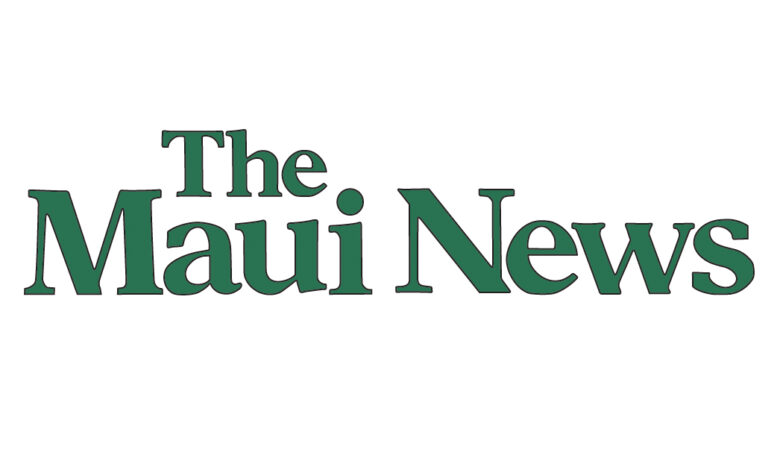No Ka ‘Oi Health | News, Sports, Jobs

Are you thinking about breastfeeding, already breastfeeding or know someone who is breastfeeding?
Did you know that Aug. 1-7, 2023 is World Breastfeeding Week? It’s a global celebration in more than 120 countries to highlight the importance of breastfeeding and to promote better health for moms and babies.
This year’s theme is, “Enabling breastfeeding: Making a difference for working parents.”
Breastfeeding is a natural and essential process that provides numerous health benefits, including:
• Protecting against illness and death.
• Being essential for child development and supporting healthy brain development.
• Promoting immune system development and decreasing chronic diseases including childhood asthma, obesity, diabetes and heart disease later in life for the lifetime of both mom and baby.
Despite these numerous benefits, many barriers still exist that make it hard for moms to establish and continue breastfeeding for as long as they wish. To overcome these challenges, it is crucial to focus on enabling breastfeeding through education, support and advocacy.
The American Academy of Pediatrics recommends mothers to exclusively breastfeed for six months, continue breastfeeding after six months as complementary foods are introduced and then to continue breastfeeding for one year or longer as mutually desired by mother and infant.
Education plays a fundamental role in instilling confidence in moms returning back to work while at the same time feeding their baby. It is important for education to include tips on how to establish an adequate milk supply, techniques on expressing milk for later use, facts about the nutritional content of breast milk and finally, addressing common breastfeeding and pumping questions. Education empowers mothers to continue breastfeeding while balancing work life.
Strengthening public acceptance and understanding of breastfeeding, while removing societal stigmas, can normalize breastfeeding back to its natural origin. By investing in public spaces for breastfeeding, we empower women, promote children’s health and development, and foster a society that values the well-being of moms and babies.
Every breastfeeding journey is different and is not always easy. Workplace challenges remain the most common reason for women to never breastfeed or stop breastfeeding earlier than recommended or desired. Through advocacy, we can remove barriers families face and support them to breastfeed for as long as they wish.
Ideal features of a workplace lactation space include:
• Separation from a bathroom.
• Privacy, safety and cleanliness.
• A locked door and occupied sign to secure privacy for the lactating employee.
• Seating that is comfortable while offering support for an employee to maintain great posture to pump comfortably.
• A flat space like a counter or table with an electrical outlet and refrigeration access.
• Access to clean running water such as a sink to support sanitation of the vital breast milk supplies, equipment and employees returning to their regular work environment.
Employers can additionally support their breastfeeding employees with flexible schedules to allow for adequate time to express milk.
If you are a breastfeeding employee, be prepared prior to going back to work. Seek out health insurance and community support benefits to help you secure a high-quality breast pump and adequate supplies. Think about how much milk you will need to leave at home or child care. Think about how often you will need to express milk. Build a frozen supply of breast milk before returning to work. Know that there are federal and Hawaii state laws that protect breastfeeding employees. Communicate with your employer and ask your HR department about your company’s lactation policy. Surround yourself with personal and/or professional support. This could include other experienced working moms who breastfeed or pump, lactation professionals, family, friends or community agencies. Most importantly, practice self-care — when you are relaxed you make more milk quickly and easily.
There are many benefits to employers who support breastfeeding. Employers who represent a breastfeeding-friendly workplace increase employee retention, decrease absenteeism, increase productivity and enhance cost savings with a healthier, happier workforce and workplace.
A big shoutout to all employers who actively support breastfeeding! And congratulations to everyone who is either breastfeeding or helping and supporting a breastfed baby!
For more information, contact Public Health Education in Hilo at (808) 933-0911 or [email protected].
* Helani Scholtz is an Indigenous breastfeeding counselor and a public health educator for the state Department of Health’s Hawaii District Health Office in Hilo. Scholtz is this month’s guest columnist for No Ka ‘Oi Health, which is published on the fourth Thursday of every month.
